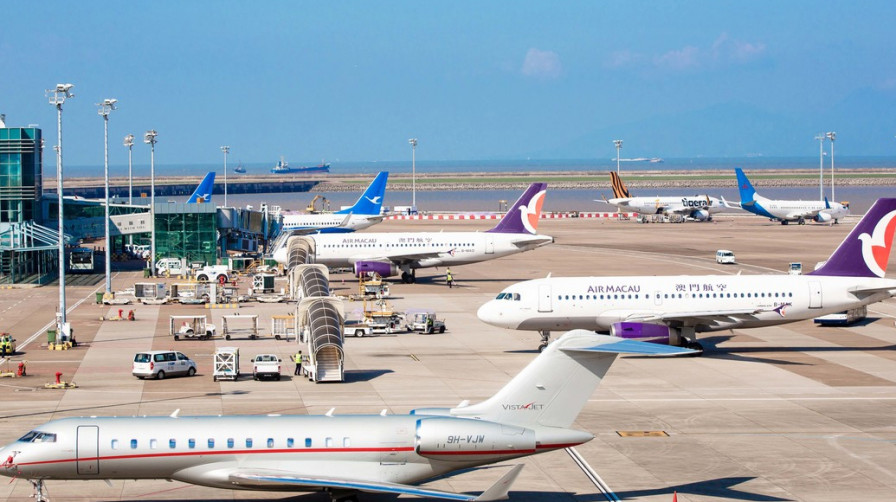
SJM Holdings has officially confirmed that Casino Fortuna, one of its long-running satellite casinos, will cease operations on 31 December 2025, marking another contraction of Macau’s once-large satellite network. The closure follows the expiry of the sub-concession-era contracts that allowed independent hotel owners to run casinos under SJM’s licence. Multi-source industry commentary has consistently noted that satellite properties have struggled under the city’s post-2022 regulatory framework, which requires tighter operational control by concessionaires and higher compliance standards.

Crown Resorts is set to relaunch the CrownBet brand as part of a major strategic expansion into Australia’s online wagering sector, with Betfair Australia preparing to introduce a full fixed-odds sportsbook alongside its existing exchange platform. Betfair confirmed that the new CrownBet sportsbook will run parallel to the exchange, giving customers the choice between traditional fixed-odds betting and peer-to-peer wagering — a model widely seen as strengthening Crown’s overall digital presence. Multi-source industry commentary (including earlier reports from The Australian and AFR on Crown’s digital revival strategy) describes this move as an attempt to rebuild market share lost during Crown’s regulatory and ownership transitions.

Macau’s Tourism Office (MGTO) announced that European visitation has reached 80% of 2019 levels for the first ten months of 2025, a milestone that underscores the city’s accelerating recovery in long-haul markets. Visitors from France, the UK, and Portugal were the strongest contributors, reflecting improved air connectivity and targeted promotional campaigns MGTO has been running across Europe. Multi-source travel industry reporting also notes renewed charter partnerships and expanded digital marketing aimed at high-value travellers.

Genting Bhd has resumed its on-market purchases of Genting Malaysia (GENM) shares this week, reinforcing a pattern of steady accumulation and bringing its ownership closer to the 75% delisting threshold set by Bursa Malaysia. The latest filing shows Genting Bhd buying 3.44 million shares at RM2.29, lifting its stake from 72.47% to 72.97%. This renewed activity comes after almost two months of no acquisitions, suggesting the parent company is once again signalling confidence in GENM’s valuation and future prospects.

Last month Singapore recorded around 1.38 million international visitor arrivals, representing a roughly 4.9% year-on-year increase. Of those, approximately 1.02 million were overnight visitors, marking a modest gain of about 2.2% compared with the same month last year. Interestingly, the average length of stay declined slightly, reaching about 3.38 days, down by roughly 3.1% year-on-year.